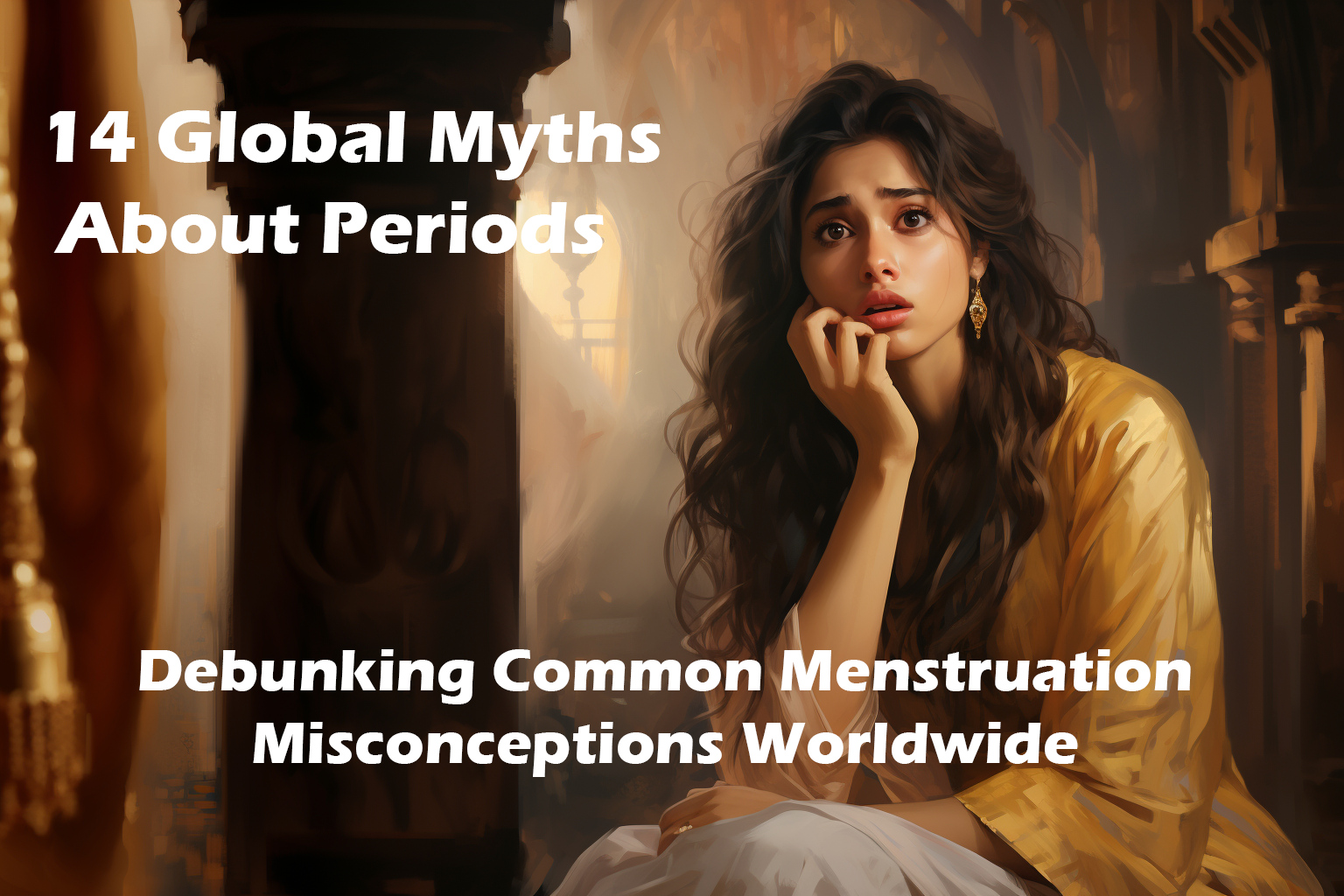Symptoms of pregnancy during periods- 5 minute read
The human body is a wonderful, complex, and sometimes perplexing thing, particularly when it comes to reproduction and menstruation. Can you experience symptoms of pregnancy during periods? It’s a question that has crossed many women’s minds. Let’s dive in and explore this topic.
Understanding Menstrual Cycles
A woman’s menstrual cycle is an intricate dance of hormonal changes. It’s essential to grasp its nuances to understand pregnancy and its symptoms.
Phases of the Menstrual Cycle
In brief, there are two main phases: the follicular phase (pre-ovulation), when the body prepares an egg for fertilization, and the luteal phase (post-ovulation), when the body prepares the uterus for possible implantation of a fertilized egg.
What is a Normal Menstrual Cycle?
Menstrual cycles typically range from 21 to 35 days, with 28 days being the average. Variations within this range are common and considered normal. Periods usually last between three and seven days.
Pregnancy and Menstruation: The Basics
Pregnancy begins when a sperm fertilizes an egg, which then implants into the lining of the uterus. This process usually occurs during ovulation, in the middle of the menstrual cycle.
Can You Get Pregnant During Your Period?
The chance of becoming pregnant during a period is low but not impossible. Factors like irregular cycles and sperm’s longevity can make conception possible even during menstruation.
Deciphering Implantation Bleeding
Implantation bleeding can sometimes be mistaken for a period. It typically occurs about a week before a woman expects her period, appearing as light spotting.
Pregnancy Symptoms that Can Occur During Periods
Though often considered unlikely, certain pregnancy symptoms can indeed occur during what may seem like a period.
Signs and Symptoms of Pregnancy
Common pregnancy symptoms include missed periods, breast tenderness, fatigue, increased urination, nausea, and vomiting. However, some of these can also appear due to hormonal changes during regular menstrual cycles.
How Symptoms Can Be Misinterpreted
Symptoms like breast tenderness and fatigue can be mistaken for PMS. Implantation bleeding, as mentioned before, can mimic a lighter period, leading to potential confusion.
Testing for Pregnancy
If you suspect pregnancy, the best way to confirm is through a pregnancy test.
When and How to Take a Pregnancy Test
Tests should ideally be taken after a missed period for accuracy. Most tests involve a simple urine sample, and results are usually available within a few minutes.
What If the Test Is Negative?
A negative result could indicate that you’re not pregnant, or the hormone levels in your urine aren’t high enough yet. If doubts persist, it’s best to consult a healthcare provider.
Understanding pregnancy symptoms during periods is a delicate task, given the overlapping signs and body’s natural hormonal variations. It’s crucial to listen to your body and seek professional advice if you’re unsure.
FAQs
Q1: Can you have a period and still be pregnant?
A1: It’s not possible to have a true period during pregnancy. However, spotting or bleeding, which could be mistaken for a period, can occur.
Q2: What is implantation bleeding, and how does it differ from a period?
A2: Implantation bleeding is a light spotting that can occur when the fertilized egg implants into the uterus. It is usually lighter and shorter than a typical period.
Q3: Can PMS symptoms be mistaken for early pregnancy symptoms?
A3: Yes, PMS and early pregnancy symptoms can be similar due to hormonal changes in both cases.
Q4: How soon can pregnancy symptoms start?
A4: Pregnancy symptoms can start as early as a week after conception, but they are more commonly experienced after a missed period.
Q5: What should I do if I suspect I’m pregnant but the test is negative?
A5: If you still suspect pregnancy after a negative test, it’s best to consult with a healthcare provider. They may suggest waiting a few days and testing again or doing a blood test.
Disclaimer
Disclaimer: This article is intended to provide general knowledge and understanding about symptoms of pregnancy during periods. It is not intended to diagnose, treat, or give medical advice. Every individual’s situation is unique, and symptoms may vary. If you think you might be pregnant, or if you have any health concerns, it is strongly recommended that you consult a healthcare provider. This article should not substitute professional medical advice, diagnosis, or treatment.





One thought on “Symptoms of pregnancy during periods- 5 minute read”